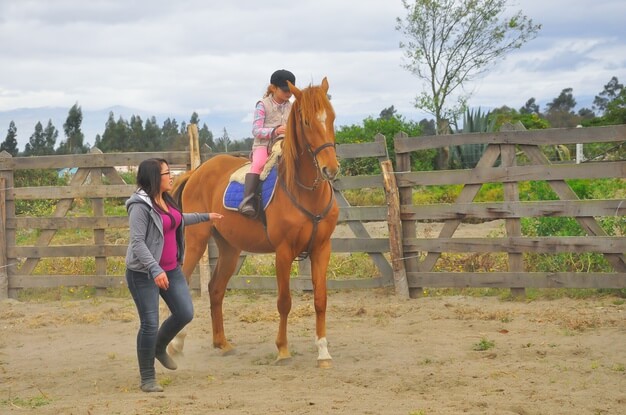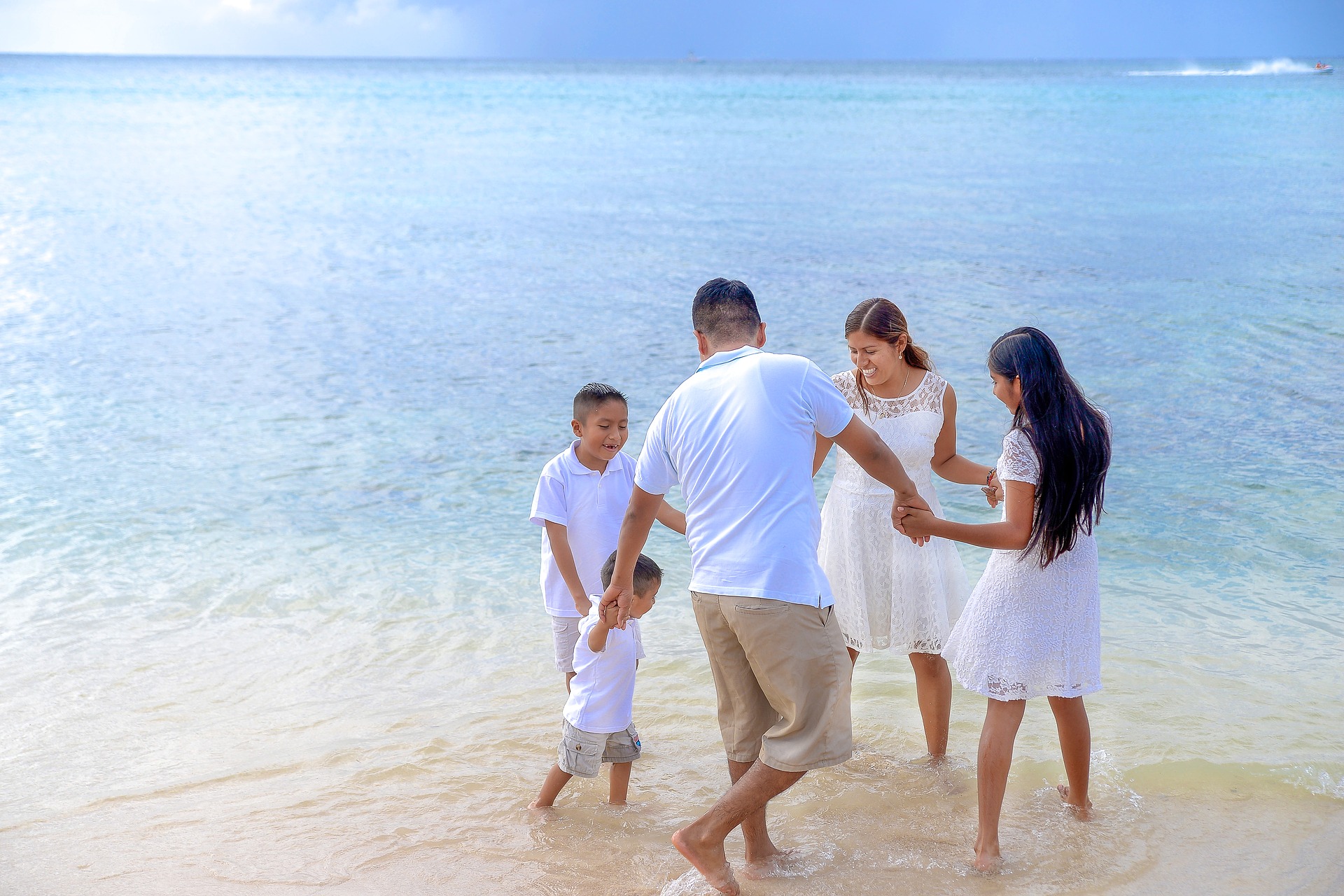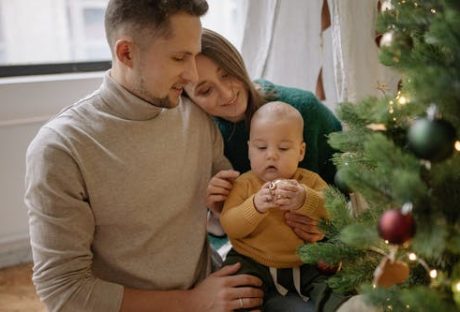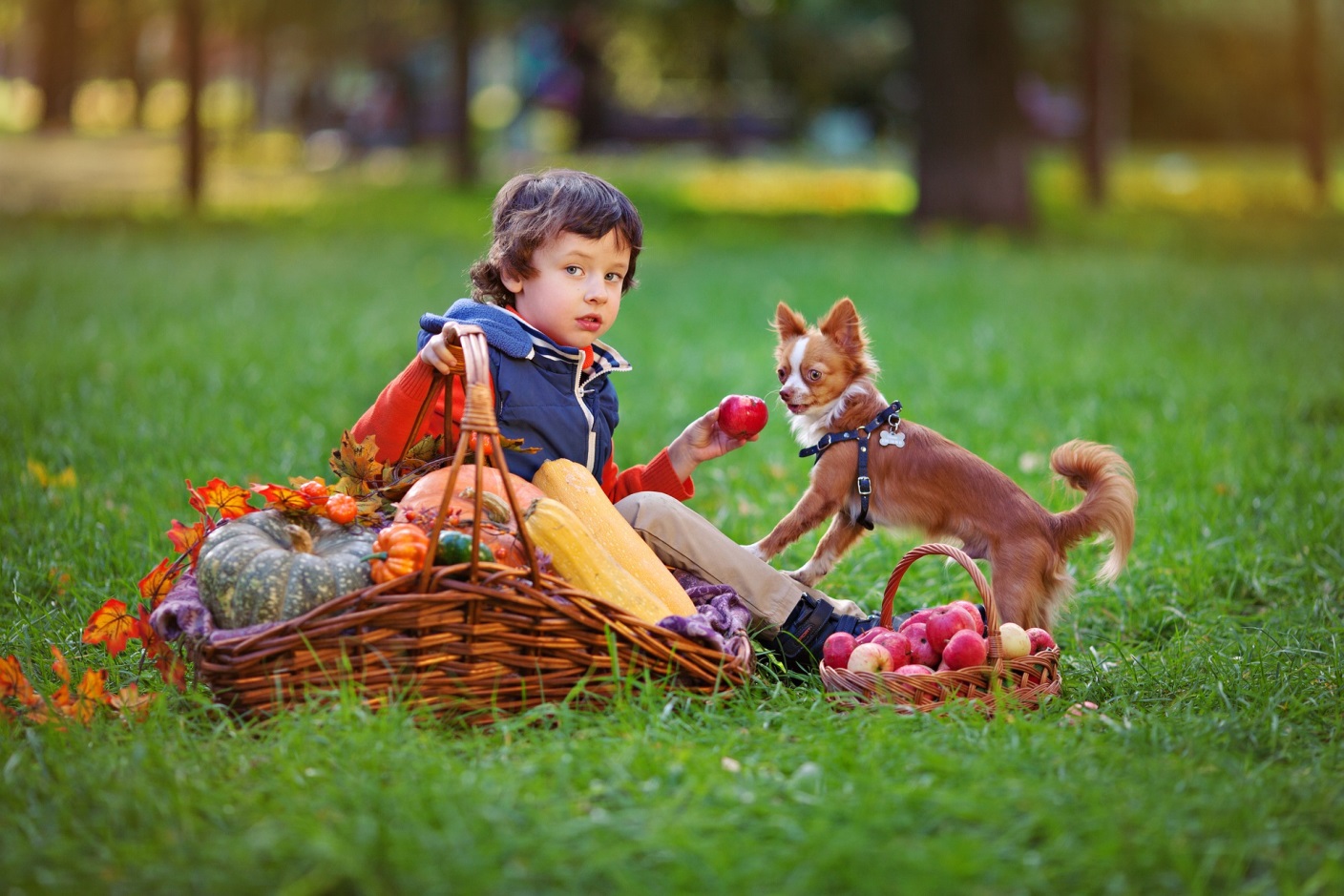Riding a horse is a dream come true for many children but dreaming about it and actually getting on your first pony can be very different things so it’s important to make sure your child is truly ready before they get in the saddle.
While horse riding lessons provide many benefits including fitness, strength and improved confidence and focus, children still need to understand the potential dangers and risks associated with handling a large animal.
Few Things:
There are a few things you can do to help train your kids ready to go on their first horseback riding and the most important is to get them used to the reality of being around real horses and a stable environment.
We spoke to the team behind https://www.equisupermarket.co.uk and they shared with us what we can do to help better train kids, you can see some of their ideas below.
Look for a riding instructor whose expertise lies with working specifically with children and have them assess your child’s readiness to ride. Every child develops differently at different ages so it’s important to make sure your child is fully ready before they begin.
A child riding expert will be able to assess if they have the necessary confidence and common-sense to be able to behave well around horses and handle the potential risks that even the calmest of ponies can create.
It can be really helpful to give your children the chance to go and watch other children riding first, so see if you can take your young ones along to a riding school to observe a couple of lessons so they can see exactly what’s involved.
Watching a lesson can also be great for parents to really understand the kind of balance, maturity, and co-ordination in which children need to be able to fully participate and enjoy a horse riding lesson safely.
Try to find a riding school that offers assessment checks. This is where they will take your child and allow them to ride a small well-behaved horse to assess their skills and abilities and can make an informed judgment about whether or not your child is ready to start formal lessons.
The last thing you want is to put your child on a horse in a lesson only to find they are not ready physically or emotionally and end up having a terrifying experience which puts them off for life, instead of the magical experience it should be.
When getting involved in horses it’s good for your child to understand there is a lot more to it than just riding lessons as well. They would benefit from spending time in the stables so they can understand what it’s like working around horses.
They should experience all the sides of horses such as grooming, tacking up, and cleaning out the stables. That way they can get an all-round appreciation of what’s involved in being around horses regularly.
Find out if your chosen stables will let them shadow someone for a couple of hours as they carry out these kinds of routine tasks around the horses so they can learn more about how their favorite animals behave.
Loving horses from watching TV shows or having posters on the wall is very different from actually dealing with mucking out stables and handling a large animal in real life so it’s important to know your children are ready to translate their dreams into real life.
Children won’t be able to do too much riding to start with because they won’t have the strength but they can still get to know horses and spend time with them through all of the other activities like grooming and mucking out, while they get used to the demands of riding.
Important lesson children need to know is how to react around horses and what to look out for. It’s important they understand that horses don’t like quick and sudden movements or loud noises and what the consequences could be of not respecting that.
They also need to know how to safely approach a pony without spooking it, and never to approach a horse from behind due to the risk of being kicked. Children need to be educated about the importance of approaching from the side.
It’s also really important to teach young children how to interpret a horse’s body language and how to react in certain situations, for example, not to suddenly shout or run and the signs that show a horse is in distress or likely to lash out any minute.
Your child should also be fully prepared to wear all of the required protective clothing needed for horse riding, from the right boots up to the riding helmet and should ideally get used to the feel of wearing it all before their first lesson. Horseback riding can be great for children and a really fun hobby but it’s worth getting your youngsters ready and prepared before they jump into the saddle.
Read Also:






















